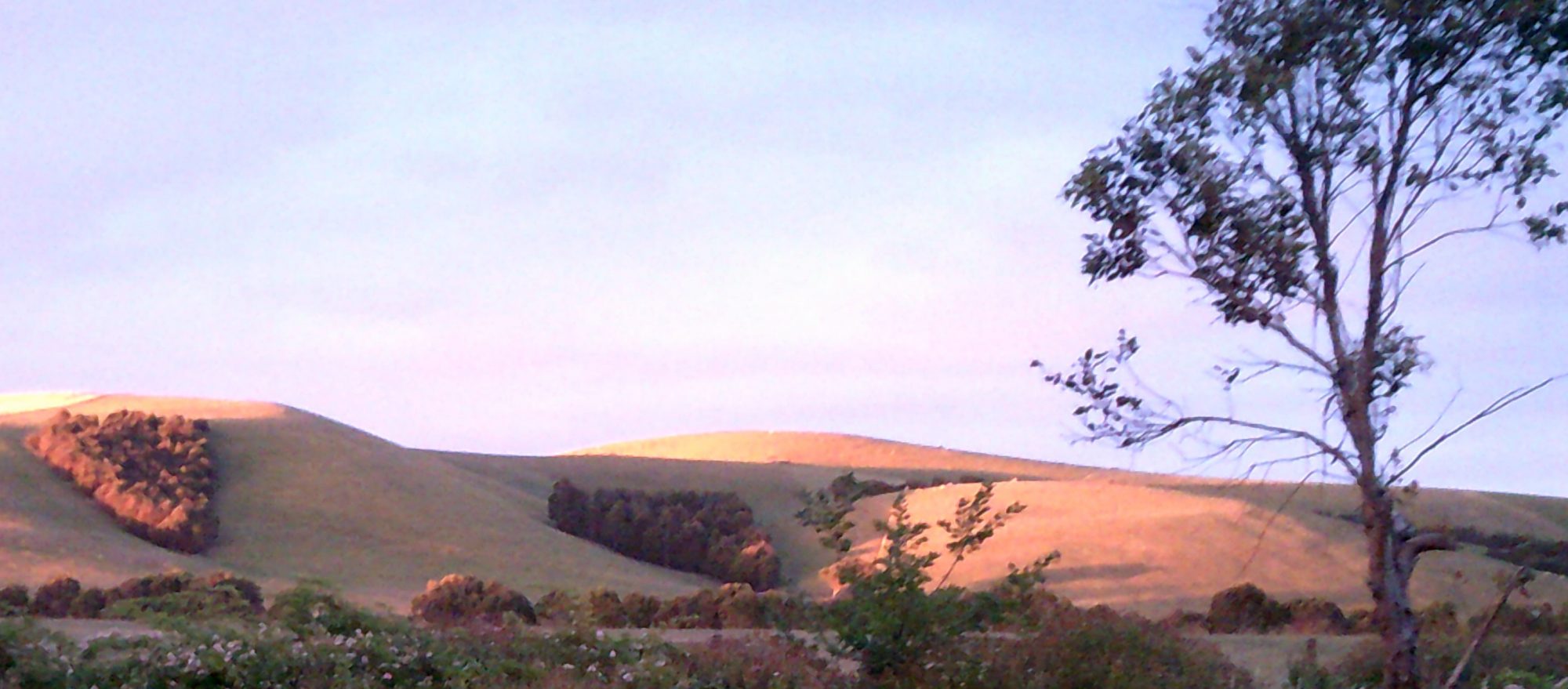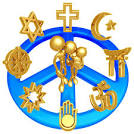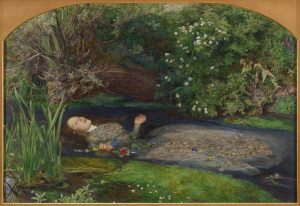 The Exodus. Wikipedia.
The Exodus. Wikipedia.
On the Jewish calendar communities across the world are reading the Book of Exodus and the story of their ancestors pathway out of Egypt and slavery. It prompted the following thoughts.
Following World War II, hundreds of thousands of Jewish displaced persons set their sights on aliyah, (immigration to Israel) but the British government who had been in control of Palestine since 1917 were keen to maintain friendly relations with the Arab world and their valuable material resources, namely oil. To this end, the Jews were refused to admittance to Palestine. The Jews were not unaccustomed to being stateless, they already had a long history of wandering and exclusion, but as the violence in Palestine between Jews, Arabs, and the British grew, Britain decided to hand the problem of Jewish settlement over to the United Nations.[1]
At the end of World War II, the conflict over Palestine gained particular momentum. Jewish resistance increased dramatically and in order to keep the peace, Britain had more than 100,000 troops in the vicinity, but their efforts were in vain. In 1942, the Jewish community in Palestine (the Yishuv) appealed to the United States for support of the Jewish state in Palestine. Despite the atrocities of the Holocaust, Britain still refused to change its policy of not allowing Jewish immigration into the region. As a result, hundreds of thousands of Jews languished in displaced camps with little hope of any real future. The British interned more than 51,500 Jews who were desperately seeking a return to their homeland.
The British went to great lengths to keep Jews out of Palestine and forced them back onto prison ships and into camps. There was constant outrage and violence against the British rule and as a consequence in 1947 the British lost even more support when they intercepted the Exodus, a ship loaded with 5,200 Jewish refugees sailing toward Palestine from Marseilles. The British then launched two refugee ships back to Hamburg, Germany, where they forced the Jews into displaced persons facilities. The intervention scandal shook the British government, which is when they handed the problem to the United Nations hoping that they would recommend that the British retain control of the area, but the United Nations did not concede to British demands. Instead, the United Nations Special Committee on Palestine (UNSCOP) recommended an Arab state and a Jewish state be brought into effect. (The recommendation was known as the Partition Plan). The land was divided between Arabs and Jews and Jerusalem became an international city.
On November 29, 1947, by 133-13 majority, the United Nations voted that, beginning on May 15, 1948, if the Jews agreed, there would be two independent states in Palestine, and the British mandate would end. In 1948, (the year of my birth) the State of Israel was born.
[1]https://www.myjewishlearning.com/article/israels-war-of-independence/ Retrieved 10th January, 2019.










